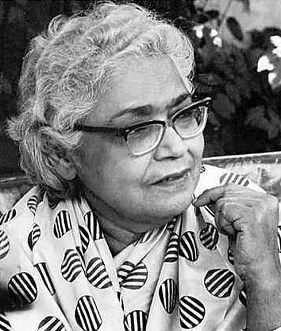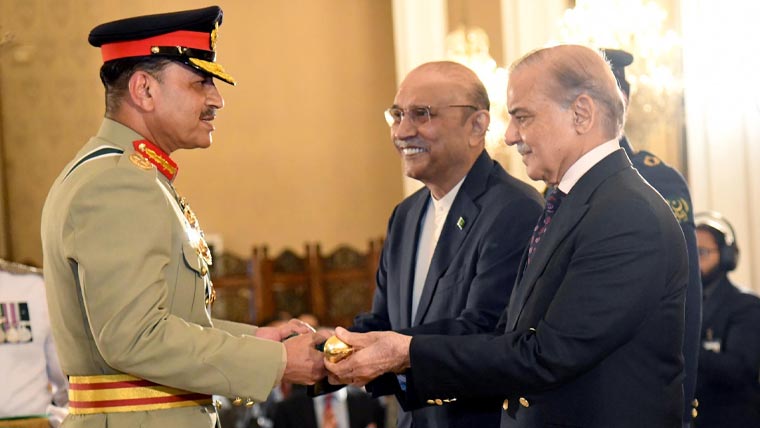- Islamabad
- 34.8°C
- Today ( Monday, 9 June 2025)
Ismat Chughtai: A Trailblazing Icon of Urdu Literature
Ismat Chughtai, born on August 21, 1915, in Badayun, British India (now in Uttar Pradesh, India), was a formidable and pioneering figure in Urdu literature. Renowned for her bold and feminist perspectives, Chughtai was an eminent short story writer, novelist, and essayist who fearlessly explored the complexities of societal norms, gender dynamics, and human relationships. Early Life and Education: Growing up in a progressive Muslim family, Ismat Chughtai received a liberal education that laid the foundation for her future writings. After completing her schooling, she pursued a B.A. in Urdu and Persian from Isabella Thoburn College in Lucknow, where her passion for literature flourished. Literary Beginnings: Chughtai's literary journey began with her short stories and essays. Her early works, marked by a unique blend of realism and satire, garnered attention for their unconventional take on social issues. She was associated with the Progressive Writers' Movement, a literary collective that sought to address social injustices and promote a progressive worldview. Controversies and Legal Battles: Ismat Chughtai's fearless exploration of taboo subjects often brought her into conflict with societal norms. Her short story "Lihaaf" ("The Quilt") led to obscenity charges, and Chughtai had to appear in court for her art. Despite the legal battles, she remained steadfast in her commitment to breaking societal shackles and challenging norms that oppressed women. Feminism and Social Critique: Chughtai's writings, infused with a feminist ethos, delved into the lives of women and their struggles against patriarchal structures. Works like "Terhi Lakeer" ("Crooked Line") and "Choti Appa" portrayed the complexities of familial relationships and the challenges faced by women in a conservative society. Influence on Urdu Literature: Ismat Chughtai's impact on Urdu literature is immeasurable. Her narrative style, characterized by wit, satire, and a deep understanding of human psychology, resonated with readers. Chughtai's commitment to addressing societal issues and her exploration of the human psyche distinguished her as a literary trailblazer. Literary Collaborations and Film Career: Apart from her literary pursuits, Chughtai collaborated with her contemporaries, including Saadat Hasan Manto and Faiz Ahmed Faiz. She also ventured into the world of cinema, writing scripts for films that often echoed her societal critiques. Her screenplay for the film "Garam Hawa" is particularly celebrated. Later Years and Legacy: Ismat Chughtai continued to write prolifically throughout her life. Her later works, including her autobiography "Kaghazi Hai Pairahan" ("The Paper Attire"), provided insights into her own life and the societal changes she witnessed. She passed away on October 24, 1991, leaving behind a literary legacy that continues to inspire generations of writers and readers. Ismat Chughtai's indomitable spirit, commitment to social justice, and groundbreaking contributions to Urdu literature have solidified her place as a feminist icon and a literary force whose impact reverberates far beyond her time. Her writings, characterized by courage and intellect, stand as a testament to her enduring influence on the literary and social fabric of the Indian subcontinent.
-
In a clinical performance, Pakistan secured the top spot in Pool D by defeating New Zealand 4-0, despite the junior Black Sticks leading in match statistics. The opening goal came from Abdul Rehman, capitalizing on a turnover at a 16-yard hit, with Arshad Liaqat ultimately ...
-
In a thrilling encounter, the Netherlands emerged victorious with a 5-3 score against Belgium, securing their position in the tournament. The Dutch, applying relentless pressure, took an early lead in the ninth minute with Timo Boers burying a low drag flick. Belgium respon...
Get Newsletter
Subscribe to our newsletter to get latest news, popular news and exclusive updates.

























Facebook Comments